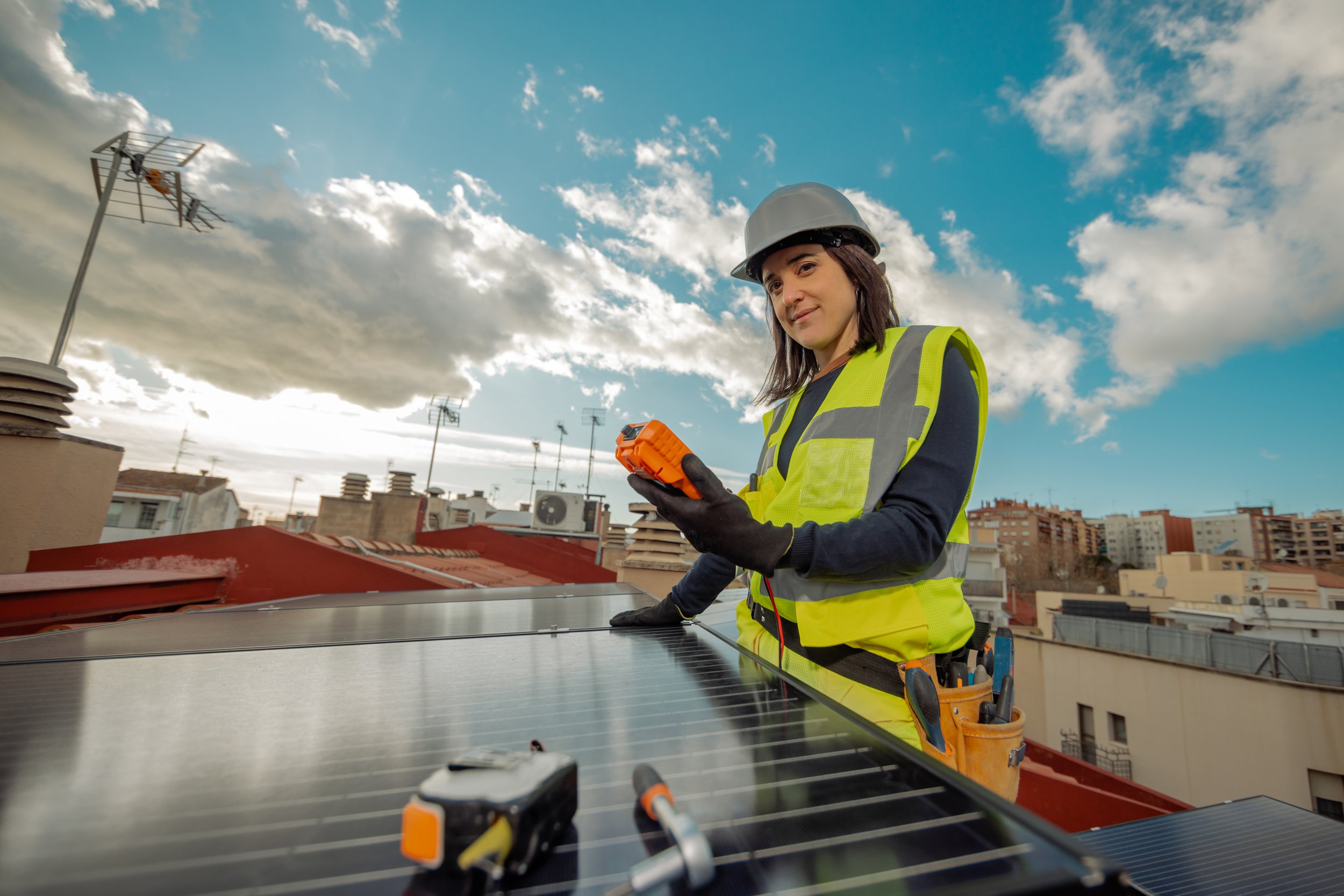
Women Lead on Climate
Equipping women with the technical skills and expertise to lead in developing climate solutions and policies
Changes in the world’s climate disproportionately affect women, yet women rarely have equal representation in critical climate decision-making spaces. This isn’t just bad for women–it’s bad for everyone.
Climate solutions with a specific focus on women can unlock multiple benefits for communities and businesses.
Governments have established and agreed that promoting gender equality and protecting women’s human rights is necessary for effective action on climate change and towards peaceful and sustainable societies.
Understanding how climate change affects women and how women are adapting allows for the creation of climate resilience strategies that address the unique experiences and needs of women, while also incorporating women’s knowledge, skills and potential into solutions.
Put women at the center of all internal climate resilience approaches and solutions.
Women Lead on Climate is a 12-week accelerator program equipping women with the technical skills and expertise to lead in developing climate solutions and policies that strengthen communities locally and globally.
The inaugural cohort focuses on building climate resilience from an African perspective. It welcomes applications from women across Africa working to advance climate solutions, action, and policy in their communities.
About the program
100% online
20-25 fellows per cohort
Guest lecturers from experts
One-on-one mentorship
Hands-on projects
6-10 hours/week over 12 weeks
Personalized feedback & support
Scholarships available
Lifetime access to online community
Link women to local networks for effective responses to climate-related events.

Challenge inequalities and negative impacts for women in a changing climate.
Why is the participation of women critical to decision making?
Women make more
climate-friendly decisions:
Studies show that national parliaments with greater representation of women are more likely to adopt stringent climate-change policies, resulting in lower carbon emissions.
Additional research demonstrates that countries where women have become more politically and socially empowered have reduced their carbon emissions by an average of 12 percent over the last 30 years.
Similarly, companies with more women on their boards of directors are more likely to invest in renewable energy resources and to take action on environmental challenges.
Source: Power Africa
